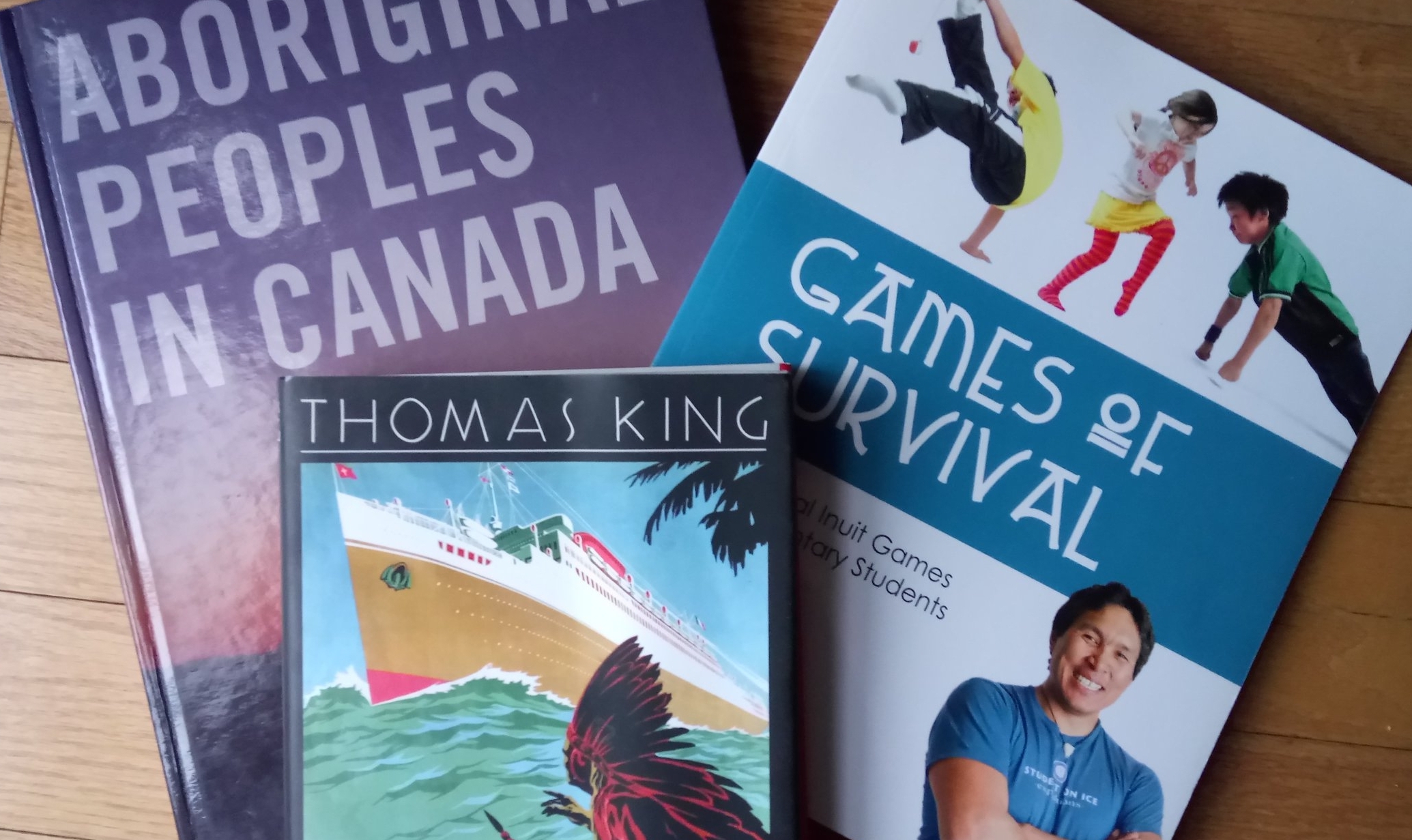At various points in the past few years, as the teaching of accurate, respectful, and even anti-colonial Indigenous Education has gained momentum in schools, I have heard many speculate that this might be a trend that would disappear as had numerous other educational fads.
Thankfully, six years out from the release of the TRC’s Calls to Action in 2015, it seems like the presence of Indigenous content, and collaboration with Indigenous educators and communities is mostly growing in many schools and that more and more educators are building their practice in this area.
As a result I have been thinking about what it means to come to this work with a sense of sustained constant energy, rather than flash in the pan urgency. A big part of this for me is thinking about my behavior within the relationships I hold with Indigenous educators, students, and communities.
One intention I have set is to strive to not reproduce colonial patterns in these relationships. Here I am asking myself:
How do I build, tend to, and stay in respectful relationship as an educator?
Where am I rushing in my work?
Where am I bringing energies of “taking” or “extraction” to my interactions, especially with Indigenous folks?
How can I bring more of a sense of reciprocity to my relationships?
When do I need to slow down and incorporate more listening into what I do?
As I reflect and ask myself these questions, I notice that our colonial educational systems are not designed to facilitate slowing down, and taking the time needed to listen, learn, and engage in reciprocity.
I always feel like I am given too many tasks, or that I am falling behind. Institutions do not necessarily value long-term relationships, and I see this in one-off honorarium payments which don’t acknowledge the pre- and post-work guest speakers put in, and a tendency to look for the next best thing, guest speaker, or trend.
Slowing down and honouring relationships feels counterintuitive in a system that is always in a rush.
What would happen if you were to slow down and think about the questions above in the way that you engage with Indigenous Education?
Feel free to drop me a line and let me know if these questions resonate for you.
